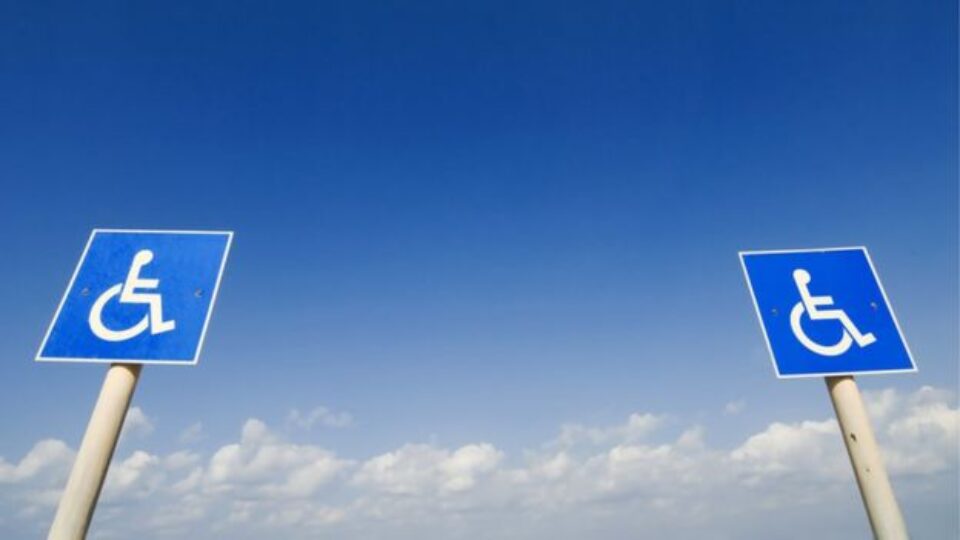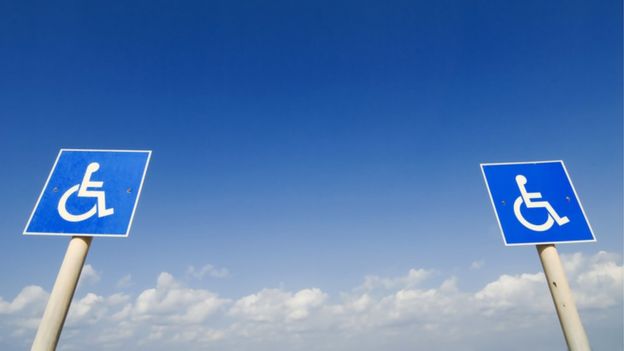
17 Sep2020

share



Years ago, when I first started driving my disabled mother around, I retrieved the car in advance and picked her up curbside, eliminating the extra walk and unnecessary pain. People stared me down, gave me the side eye and shook their heads as if to say:
“Shame on you for using a disabled spot, youngster.”
Back then, I laughed, but I always felt justified once my mom surfaced. She was twice my age, larger than me and her disabilities would never be questioned. To read the full article go to sheknows
The first time a doctor suggested a placard for me, preferred parking was the furthest thing from my mind. I was much too self-conscious to consider myself disabled. The two didn’t go together. Weeks later, when I convinced myself to use it for the first time, I instantly thought, who will justify this for me? I am not enough. But after I suffered needlessly, I became less concerned with what others thought and more attuned with how I felt. I was in pain. The onlookers couldn’t feel my suffering, see my ailments or know my limitations. I knew I had to be my own justification. I learned to be OK with that.
While it may be tempting to some to size up a situation, we might want to ponder the true implications of what we are doing. Not every disability or illness is visible to the naked eye. For me, as a wife and mother — caring for both my disabled mother and a special needs child, who I’m constantly told doesn’t look “special” (as if special has a look) — I have a hard time keeping up with what’s going on in my own house. I can’t imagine worrying about where someone is or isn’t parking or why. Who has that kind of time? What made the note even more upsetting was the person didn’t use the politically correct terminology for all of their busybody-ness. How long ago did we stop saying handicapped?
My suggestion is this:
Maybe instead of spending time writing notes, telling strangers they don’t deserve to park in designated spots, perhaps we can educate ourselves on the proper terms used to identify people with disabilities and minding one’s Ps and Qs. After all, I’ve purposely not identified my reason for needing the parking decal in an effort to further illustrate that the disability here is not the only issue. That’s between my doctor and me.
The bigger concern, as I see it, is that folks need to spend less time paying attention to what other people are doing and more time worrying about themselves. That is what we teach our children from a very young age, isn’t it? If they’re not bothering you, don’t bother them. Perhaps, don’t judge my disability. And while we are at it, don’t judge me.